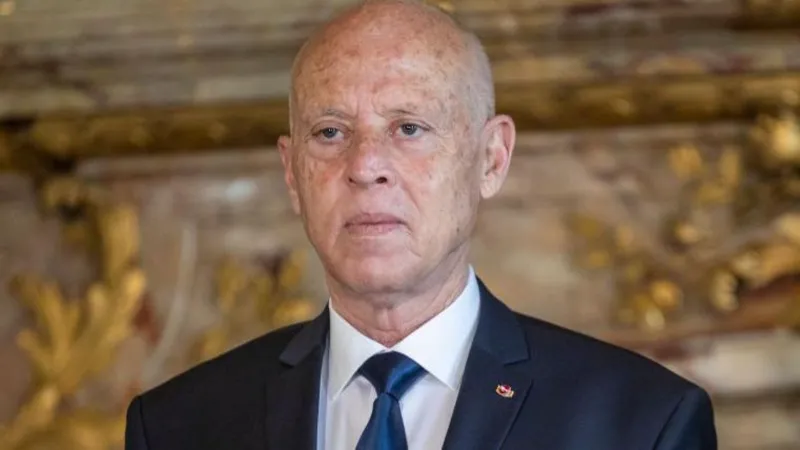Tunisia’s upcoming presidential election, scheduled for this Sunday, presents a critical moment in the country’s political journey. President Kais Saied, who has been both lauded as a reformer and condemned as an autocrat, is running for re-election in a race that many believe will solidify his grip on power. His overwhelming dominance in the political landscape and the exclusion of meaningful competition have sparked concerns about the erosion of Tunisia’s democratic gains.
Saied, who was elected in 2019 on a wave of optimism, has since concentrated power in his own hands, effectively sidelining democratic institutions. He has dissolved parliament, rewritten the constitution, and assumed control of the judiciary. Critics argue that these moves mark a significant reversal of the democratic progress Tunisia achieved after the 2011 Arab Spring, which began with the ousting of long-time ruler Zine al-Abidine Ben Ali.
The electoral commission has approved only two additional candidates to challenge Saied, but neither poses a serious threat. One of these candidates, Ayachi Zammel, was sentenced to 12 years in prison for falsifying documents just days before the election. Despite his imprisonment, Zammel’s name will still appear on the ballot. The other candidate, Zouhair Maghzaoui, initially supported Saied’s 2021 power grab but has since distanced himself, becoming one of the president’s critics.
Saied’s ability to consolidate power has been facilitated by a political and legal environment in which opposition voices have been silenced or suppressed. The largest opposition party, Ennahda, has seen many of its senior members arrested. Human rights groups, including Human Rights Watch and Amnesty International, have condemned the arrests of opposition leaders and potential candidates, describing it as an assault on democratic principles. This has led to growing unrest, with protests erupting in Tunis, demanding free and fair elections.
The international community, along with local observers, has expressed deep concern over the state of Tunisia’s democracy. Sarah Yerkes, a senior fellow at the Carnegie Endowment for International Peace, noted that Saied has effectively dismantled a decade of democratic progress, manipulating the political system to ensure that he remains the only viable candidate. She describes the election as less of a contest and more of a referendum on Saied himself.
The lack of vibrant competition is further underscored by the absence of campaign rallies and public debates. The streets of Tunisia are dominated by campaign posters of the president, with little visible presence of the other candidates. This, coupled with the judicial and political sidelining of opposition figures, has led many to view the election as a foregone conclusion.
When Saied first rose to power, he was seen as a beacon of hope for Tunisia’s marginalized populations. His campaign was rooted in promises of economic rejuvenation and anti-corruption measures. However, his tenure has seen Tunisia’s economy worsen, with little progress on the reforms he once promised. Under his rule, Tunisia has fallen sharply in global democracy rankings, reflecting the growing concern over the country’s return to autocratic governance.
As Tunisians prepare to vote, the outcome seems inevitable. While Saied continues to enjoy some support, particularly among those disillusioned with the country’s political elite, many fear that the election will cement a new era of authoritarian rule in a country once hailed as the Arab Spring’s democratic success story. The challenge now lies in whether Tunisia can reclaim its democratic momentum or if it will continue on its current trajectory under Saied’s rule.













Leave a comment